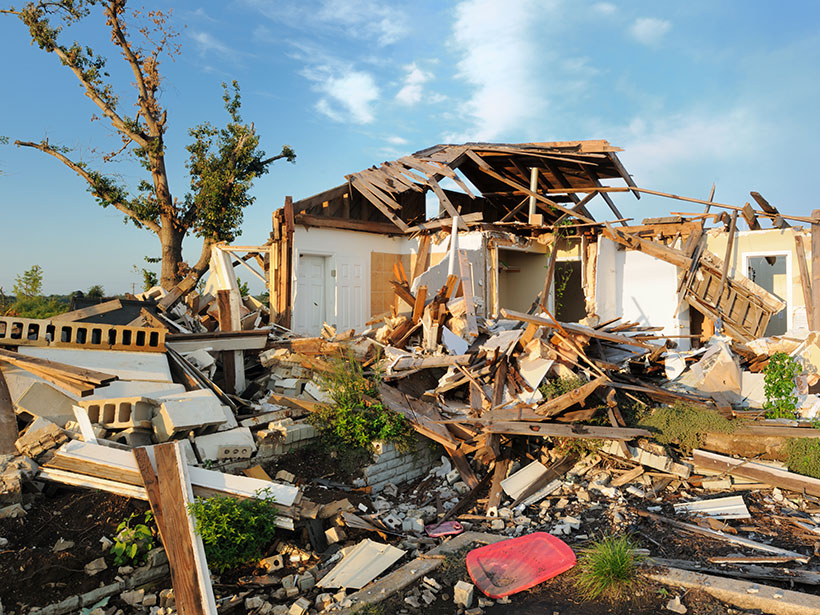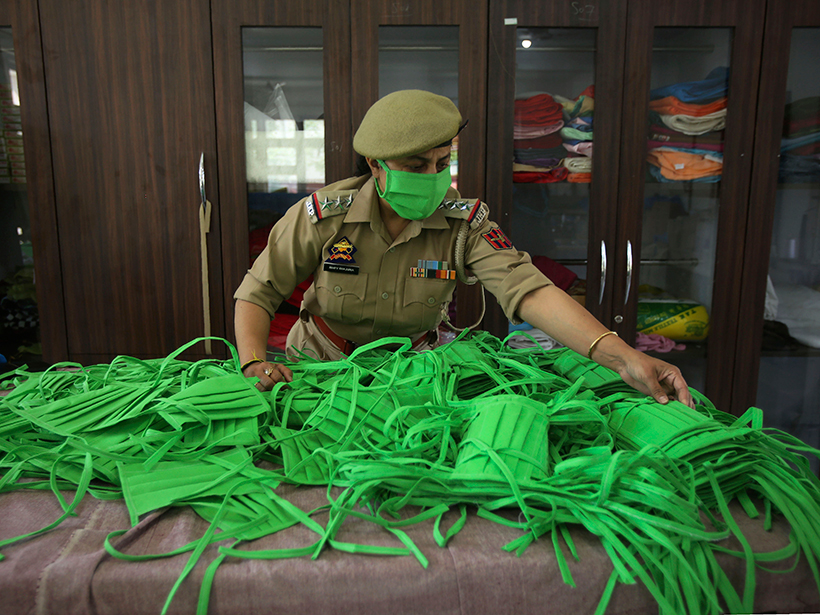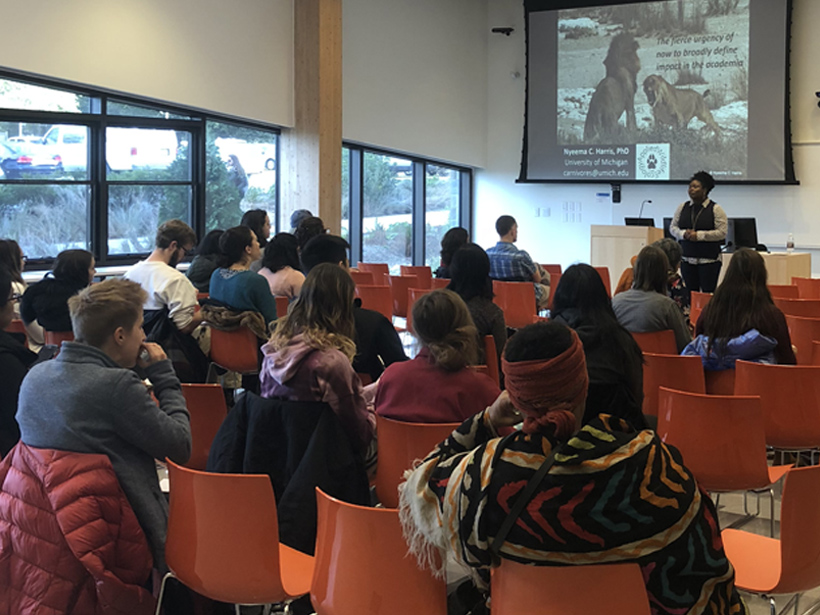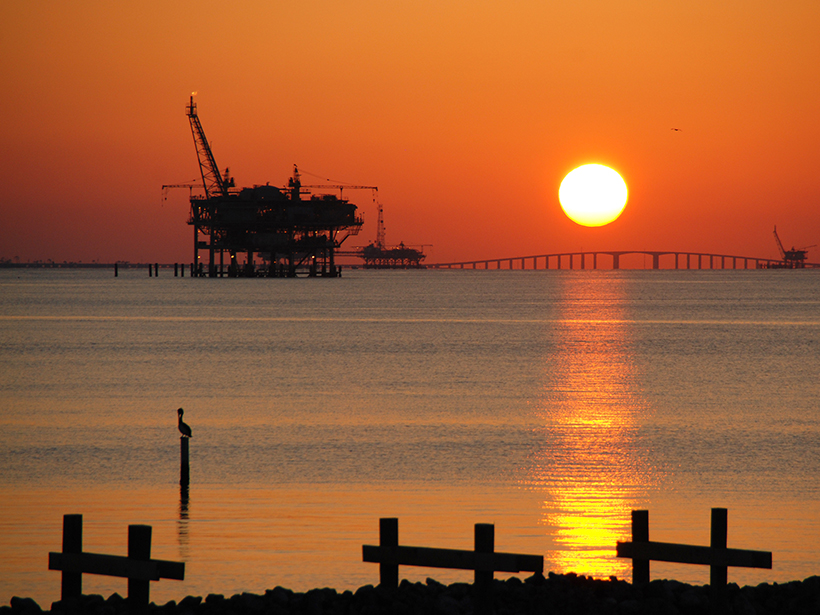Developing trustworthy artificial intelligence for weather and ocean forecasting, as well as for long-term environmental sustainability, requires integrating collaborative efforts from many sources.
Opinions
Do You Know Your Home’s Flood Risk?
Search for your address in this new database and get an easy to understand indicator of the potential for flooding now and over the next several decades as climate change alters our environment.
#GeoGRExit: Why Geosciences Programs Are Dropping the GRE
Geoscience graduate programs are increasingly abandoning the controversial test as an admissions requirement, a welcome development for equity and inclusion in the field. How can your school be next?
We Need to Direct More Science Research Dollars to Rural America
Pandemic relief funding should provide a much-needed boost to scientific research. And we should steer those dollars toward where they can do the most good.
All Hands on Deck for Ionospheric Modeling
Challenges to studying the ionosphere’s ability to conduct electrical currents undercut scientists’ efforts to improve space weather forecasting models. Let’s tackle them together.
Building a Culture of Safety and Trust in Team Science
An Arctic research team of 150 members that implemented a culture of safety, inclusion, and trust as the foundation for cross-disciplinary science shares lessons from its experiences.
Geohealth: Science’s First Responders
At the intersection of human health and the environment, the emerging field called geohealth can teach us how not to repeat mistakes made in past disasters.
What’s in a Seminar?
Graduate students at the University of Massachusetts Amherst redesigned their departmental seminar series to increase diversity, equity, and inclusion, and other institutions could do the same.
Thirty Years, $500 Million, and a Scientific Mission in the Gulf
Gulf Research Program executive director Lauren Alexander Augustine discusses the impact science can have on communities when given money and time.
It’s Time to Revise Estimates of River Flood Hazards
Accurately assessing flood hazards requires a better understanding of the feedbacks between natural and human influences on the characteristics of rivers.










